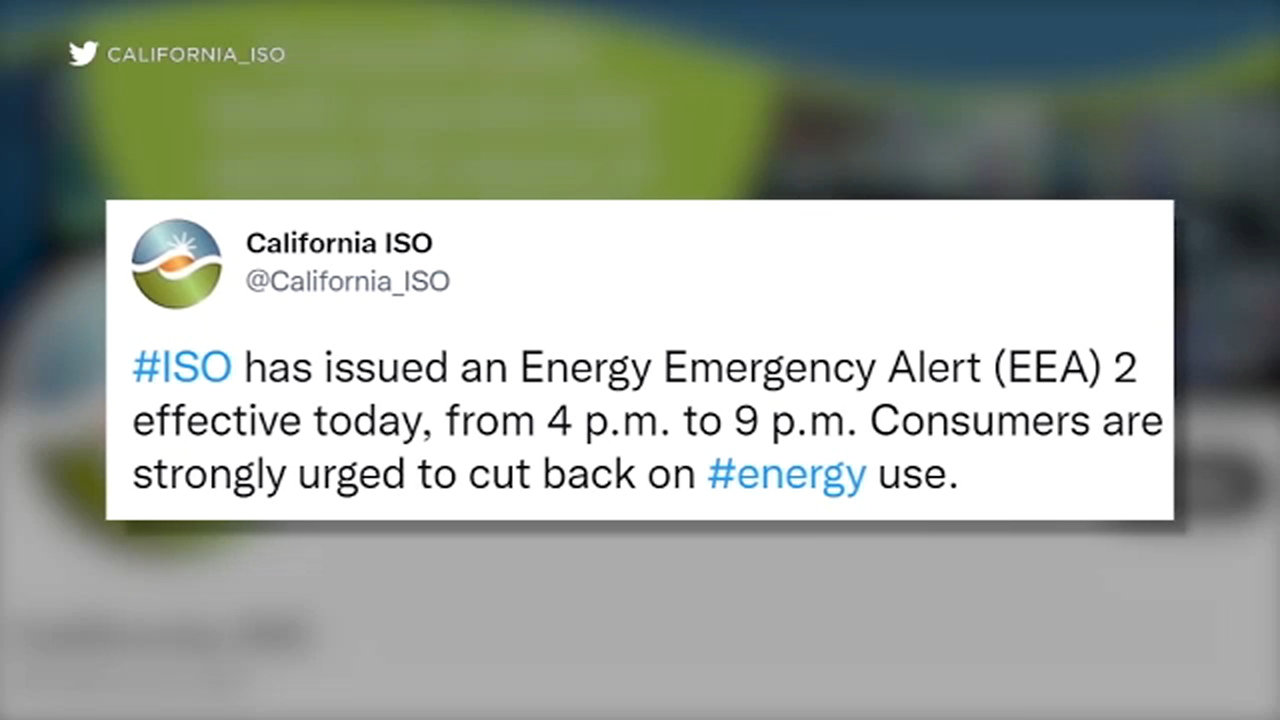The Ongoing Battle: Car Dealers Vs. EV Mandates

Table of Contents
Dealers' Resistance to EV Mandates
The transition to an EV-centric market presents considerable hurdles for car dealerships. The resistance stems from several key concerns:
Financial Investment Concerns
The shift to EVs necessitates substantial upfront investments that many dealerships find daunting.
- High cost of EV inventory compared to ICE vehicles. Electric vehicles often carry a higher sticker price, requiring dealerships to tie up more capital in inventory.
- Need for significant investment in EV charging infrastructure. Installing and maintaining charging stations demands considerable financial resources and expertise.
- Potential for reduced profitability on EV sales due to lower margins or slower sales cycles. Lower profit margins on some EV models and potentially slower sales cycles can impact dealerships' bottom lines.
- Risk of obsolete ICE vehicle inventory. As EV mandates tighten, dealerships risk being stuck with unsold gasoline-powered vehicles (ICE vehicles), leading to significant losses.
Sales Training and Expertise Gap
Selling and servicing EVs requires a different skill set than traditional gasoline cars. This presents a significant training and staffing challenge for dealerships.
- Lack of qualified EV technicians. Finding and retaining technicians skilled in EV repair and maintenance is a major hurdle.
- Need for specialized sales training on EV features and benefits. Sales staff needs comprehensive training to effectively address customer concerns and highlight EV advantages.
- Difficulty in attracting and retaining EV-specialized staff. Competition for skilled EV technicians and salespeople is intense, driving up labor costs.
Consumer Resistance to Change
Despite growing awareness, consumer adoption of EVs isn't uniform. Several factors contribute to this hesitancy:
- Concerns about charging infrastructure availability and charging times. Range anxiety and the inconvenience of longer charging times remain significant barriers.
- Range anxiety among potential EV buyers. The fear of running out of battery power before reaching a charging station is a major concern for many.
- Higher purchase prices of EVs compared to gasoline-powered cars. The higher initial cost of EVs compared to ICE vehicles remains a deterrent for many consumers.
Arguments in Favor of EV Mandates
While dealerships face challenges, the arguments supporting EV mandates are compelling and crucial for the long-term health of the planet and the economy.
Environmental Benefits
EV mandates are vital for mitigating climate change and improving air quality.
- Reduction in greenhouse gas emissions. Switching to EVs significantly reduces carbon emissions from the transportation sector.
- Improved air quality in urban areas. Electric vehicles produce zero tailpipe emissions, contributing to cleaner air in cities.
- Contribution to global climate change mitigation goals. Widespread EV adoption is critical for meeting international climate targets.
Energy Independence and Security
Increased EV adoption reduces reliance on foreign oil, bolstering national energy security.
- Reduced dependence on fossil fuels. Shifting to electric mobility lessens dependence on volatile global oil markets.
- Increased energy independence. Domestic renewable energy sources can power EVs, enhancing energy sovereignty.
- Stimulation of domestic renewable energy production. Greater demand for electricity drives investment in renewable energy infrastructure.
Economic Growth Opportunities
The EV sector offers significant economic opportunities, fostering innovation and job creation.
- Job creation in EV manufacturing and related industries. The transition to EVs creates numerous jobs in manufacturing, research, and development.
- Economic growth through investment in charging infrastructure. Building and maintaining charging networks stimulates economic activity.
- Technological advancements and innovation in the EV sector. The EV industry is a driver of technological progress and innovation.
Finding a Balance: Potential Solutions and Compromises
Bridging the gap between dealerships' concerns and the need for EV adoption requires a multi-pronged approach.
Phased Implementation
A gradual increase in EV mandates allows dealerships time to adapt.
- Incremental increase in EV sales targets. Setting realistic, incremental targets allows dealerships to adjust gradually.
- Government subsidies and incentives for dealerships to invest in EV infrastructure. Financial support can ease the financial burden of upgrading facilities.
- Extended timelines for compliance. Providing more time for adaptation prevents undue hardship on dealerships.
Government Support and Incentives
Government support is crucial in easing the transition.
- Tax credits and rebates for EV purchases. Incentivizing consumers to buy EVs increases demand.
- Grants for dealerships to upgrade infrastructure. Funding can help dealerships cover the costs of installing charging stations and training staff.
- Funding for EV technician training programs. Investing in training programs ensures a qualified workforce.
Collaboration and Partnerships
Collaboration between stakeholders is essential for finding effective solutions.
- Joint initiatives to address challenges related to EV adoption. Cooperative efforts can foster innovation and overcome obstacles.
- Public-private partnerships to improve charging infrastructure. Shared responsibility for infrastructure development can ensure wider coverage.
- Open dialogue and information sharing between stakeholders. Open communication fosters understanding and facilitates collaboration.
Conclusion
The conflict between car dealers and EV mandates highlights a complex interplay of economic realities, environmental concerns, and technological change. Addressing dealerships' legitimate financial and logistical concerns is vital for a smooth transition to a more sustainable transportation sector. Key takeaways include the significant financial challenges faced by dealerships, the undeniable environmental benefits of EVs, and the critical need for collaborative solutions involving government support, industry partnerships, and phased implementation. Understanding the nuances of this ongoing battle between car dealers and EV mandates is crucial for navigating the future of the automotive industry. Join the conversation and contribute to finding sustainable solutions for this complex issue related to electric vehicle adoption, considering the impact of EV mandate debate on the future of car dealerships and the electric vehicle transition.

Featured Posts
-
 Jimmy Butler Game Status New Update On His Availability For Todays Game
May 15, 2025
Jimmy Butler Game Status New Update On His Availability For Todays Game
May 15, 2025 -
 Microsofts Layoff Of 6 000 Employees A Closer Look
May 15, 2025
Microsofts Layoff Of 6 000 Employees A Closer Look
May 15, 2025 -
 San Jose Earthquakes Secure 4 1 Victory Over Portland Timbers
May 15, 2025
San Jose Earthquakes Secure 4 1 Victory Over Portland Timbers
May 15, 2025 -
 Andor Season 2 A Deep Dive Into The Trailer Death Star To Yavin 4
May 15, 2025
Andor Season 2 A Deep Dive Into The Trailer Death Star To Yavin 4
May 15, 2025 -
 Nets Celtics Trade Scenario Would A Kevin Durant Deal Shatter The Nba Balance
May 15, 2025
Nets Celtics Trade Scenario Would A Kevin Durant Deal Shatter The Nba Balance
May 15, 2025
